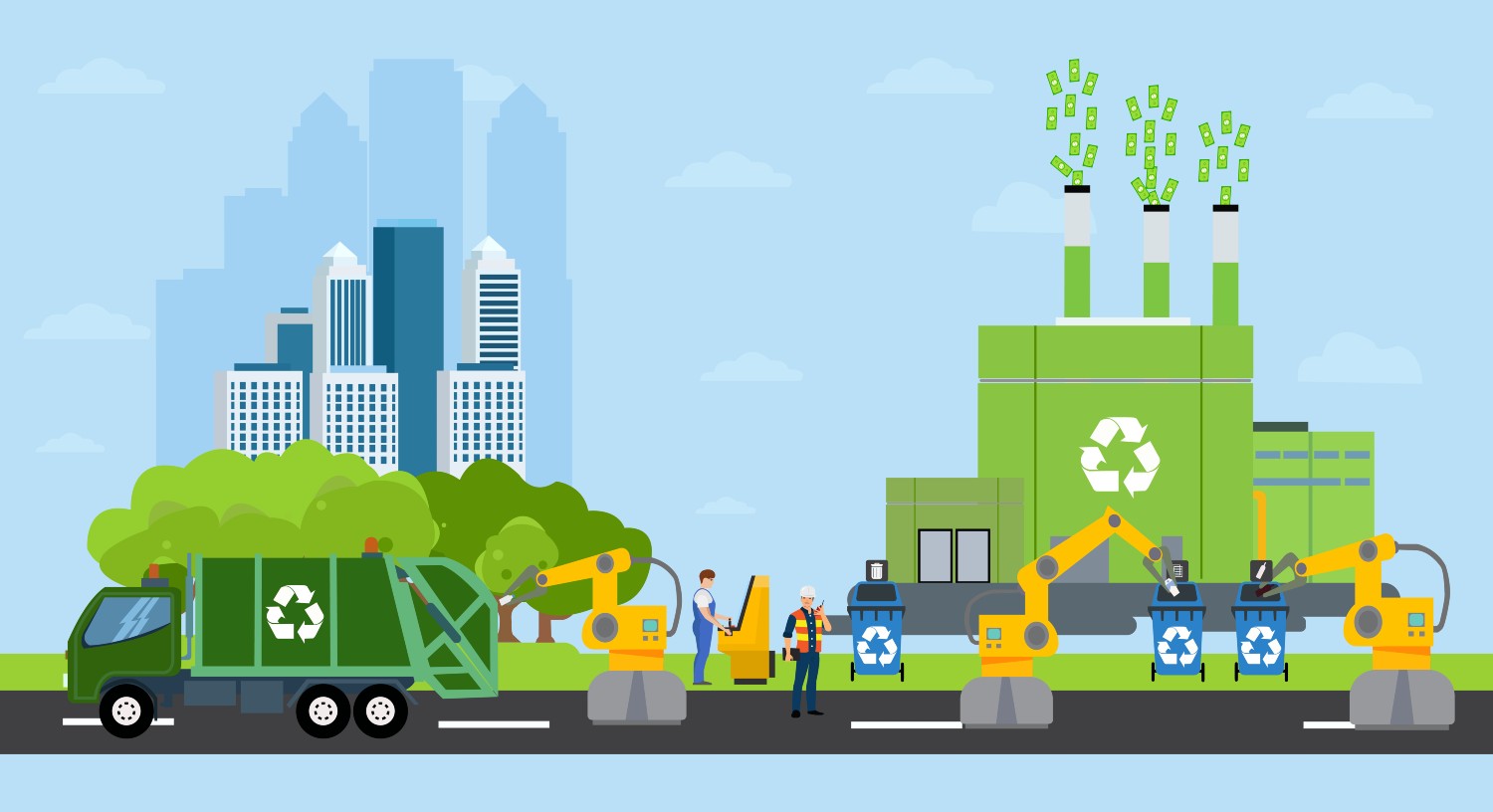New logistics for plastics waste in a circular economy (LogiCirc)

A low share of Pre-consumer plastic waste is recycled even though the demand for recycled plastic is demanded in the industry as well as among consumers. Thresholds like uncertain origin, quality and low transport efficiency makes the recycling challenging.
By systematizing sorting of pre-consumer plastic waste there would be conditions for achieving larger volumes of plastic waste, which are sorted in a directed manner and thus contribute to better conditions for cost-effective collection. In line with the SIS-Standardisation work on recycled plastic, documentation and traceability can be improved at the same time as the collection and sorting improves.
The project aims to improve the collection system for pre-consumer plastic waste for recycling and thereby reduce the waste along the value chain and increase the resourceefficiency. The work will focus on improved sorting and storage on site where the preconsumer waste occurs. This can lead to a more efficient transport, and thereby costefficient transportation of the waste to a recycler. The project will also investigate how the combination of improved sorting and increased traceability can improve the quality of the plastic material for recycling. For this a common nomenclature and standardization is necessary. The project will test new solutions in dialogue with the partners representing the whole value chain.
Manufacturing industry would, with this project, get safer access to raw materials, reduce costs for waste management and save demands from their customers.
The aim of the project is to create a system to send pre-consumer waste for recycling. We investigate and test new solutions for the following tasks:
- Collecting and storing at the source. Aim is to maximize packing ratio while keeping the purchase cost per transport as low as possible. Important factors to consider are handling and compatibility with internal transport systems.
- Sorting and labelling. This task is automatised using a screen with selectable material codes or a proximity sensor.
- Transportation to the recycler. Documents are provided electronically. Received goods are registered automatically after weight control. After recycling, the material batch can be traced back to the goods received.
Project leader
Hafdis Jonsdottir, Stiftelsen Chalmers Industriteknik
[email protected]
+46 70 147 84 27
Participating organisations
→ Stiftelsen Chalmers Industriteknik
→ Novoplast
→ IAC Group
→ RISE
→ Emballator TecTubes

